In autumn 1974, a new magazine appeared entitled RFD. In the early years it proclaimed itself to be “for country faggots everywhere.” Published by a rural gay collective in Grinnell, Iowa it sought to give voice to queers outside the coastal enclaves. The small college community of Grinnell, some 3,000 households, was ideally located for launching a publication trying to reach other rural gay collectives and gay men living outside of big cities. The collective persuaded the Iowa City Women’s Press to print the first issue. After two years, having migrated to several locations, it is still published today and proclaims itself “a reader-written quarterly celebrating queer diversity.” See it here: rfdmag.org.
The moniker RFD played on the early 20th Century postal service terminology of “rural free delivery.” In later days, with the emergence of the countercultural radical fairies movement, some took it to mean Radical Faerie Digest. The editors have played with how the simple initials could mean many things including Really Feeling Divine, Rejoicing in Flamboyant Diversity and Resist Facist Demagogues.
In the summer 1975 issue, Madison writer Greg Filiar wrote verses entitled, “Ode to Aubergine.” Today, for many Madisonians, the aubergine or eggplant is fondly associated with the very queer-friendly Willy Street Co-op, another collective with its origins in 1974. Whether the eggplant association goes back that far, I don’t know. I did not become a member until 1977.
In his ode Filiar promised:
Dear Eggplant, fresh sweet Eggplant
Your praises I will sing
I’ll sound them with such fervor that
They’ll cause the world to ring.
While not high poetry, the ode was dedicated to C. E. Beckwith who was described as “the first true vegesexual I had the pleasure to know.” One must assume that was another Madisonian Chuck Beckwith. Beckwith would become, with his partner Chuck Bauer, the well-known owners of the Soap Opera bath and grooming store on State Street. Both Chucks are also accomplished artists. The store grew out of a business begun with special herbal soaps and lotions sold off a blanket on Library Mall on the UW campus. Beckwith’s early knowledge of herbalism and garden lore was shown off in the same issue of RFD in his own article entitled, “The Language of Flowers.”
The cover art for the article, adorned with pansies and sunflowers, highlighted an old English saying, “Flowers and fairies go hand in hand.” Art for Filiar’s poem included vegetable prints made from okra, celery, and leeks.
Beckwith traced the origins of herbalism, the most ancient science of humankind, to the search for food as to which plants could be edible and useful. Associations between plant life and fertility—and thus sexuality—came naturally, so to speak. Attribution of characteristics to particular plants were made in herbalism. These attributions became what he informed the reader was the language of flowers. In pre-literate societies, the healing knowledge of plants was passed down orally, especially matriarchally. He quotes the Roman author Pliny that “Garden work is women’s work” to show the feminine-identification.
For Beckwith, ancient Greeks, as well as the early Chinese and Japanese arts, incorporated this language of flowers or florigraphy into their mythology. Presenting a dwarf sunflower meant a devoted admirer. Double pinks meant pure and ardent love. Roses also meant love. Spiderwort meant esteem but dogwood blossoms meant indifference. Pansies meant thoughts and rosemary remembrance. Nasturtiums represented bravery, borage courage, and thyme bravery. The exchange of flowers was an expression of friendship, though a flower offered in an inverted position meant the opposite of the usual meaning.
When they once were separated, Beckwith sent his love Bauer seeds of moonflowers as a friendship token. The moonflower is a flamboyant blossom that opens at night. The flower is fragrant, and Beckwith admitted to being strongly drawn to fragrances. Beckwith also admitted to the fond nickname of Moonie.
The Beckwith article also describes gardens of flowers seen as sites for entertainment that could arouse various emotions, including repose and mediation as well as pleasure. The new world and overseas trade brought flowers from around the world to Eighteenth Century gardens. These grand and elite gardens gave way to the Victorian romantic parks and conservatories. The English flower garden became a paragon of flowers.
While gardens in the Twentieth Century did become more naturalistic, the rise of environmentalism led to a desire to appreciate true natural landscapes like prairies. The Chucks over many years have restored a remarkable prairie on their Green County farm that is replete with prairie flowers that leads to a whole new appreciation of different types of flowers.
The fancy for flowers meant in many proper homes a volume of Flora Symbolica or other books on identifying blooms and their meanings were commonplace. Flowers were pressed in other volumes. Lockets would hold favored blooms. Myself, I cherish a beribboned keepsake volume on Cape Cod dried sea mosses given to me by my dear Patrick on a Provincetown trip. So, we should all thank RFD for encouraging flower knowledge among the fairies.
Beckwith closed his RFD article with sentiments from a postcard mailed in 1917 in the midst of the first world war:
Plant a simple flower for me
In the depths of true affection.
Care for it & think of me
In the hours of quiet reflection.
Richard Wagner, openly gay former Dane County Board Chair and co-chair of Governor Earl’s Commission on Lesbian and Gay Issues, is the author of both We’ve Been Here All Along: Wisconsin’s Early Gay History and Coming Out, Moving Forward: Wisconsin’s Recent Gay History.

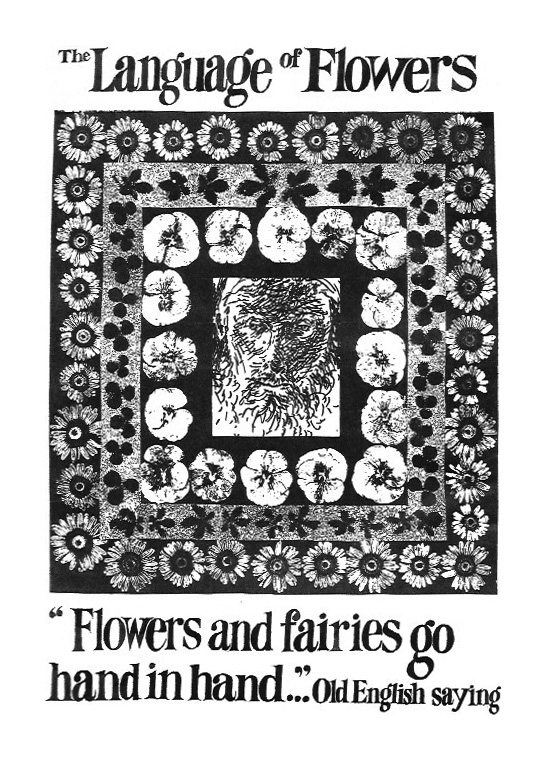




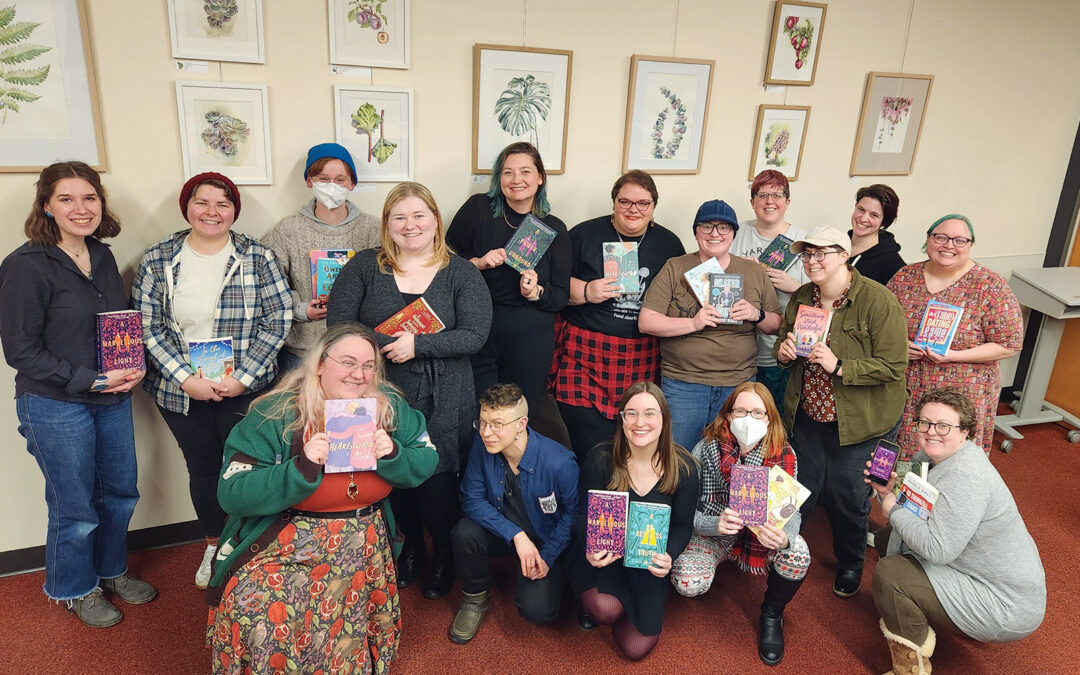
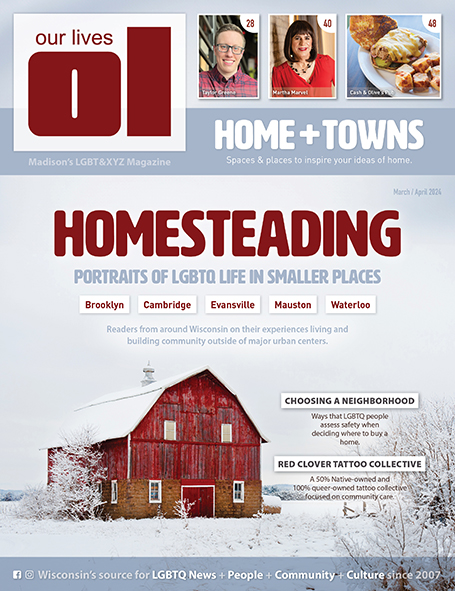

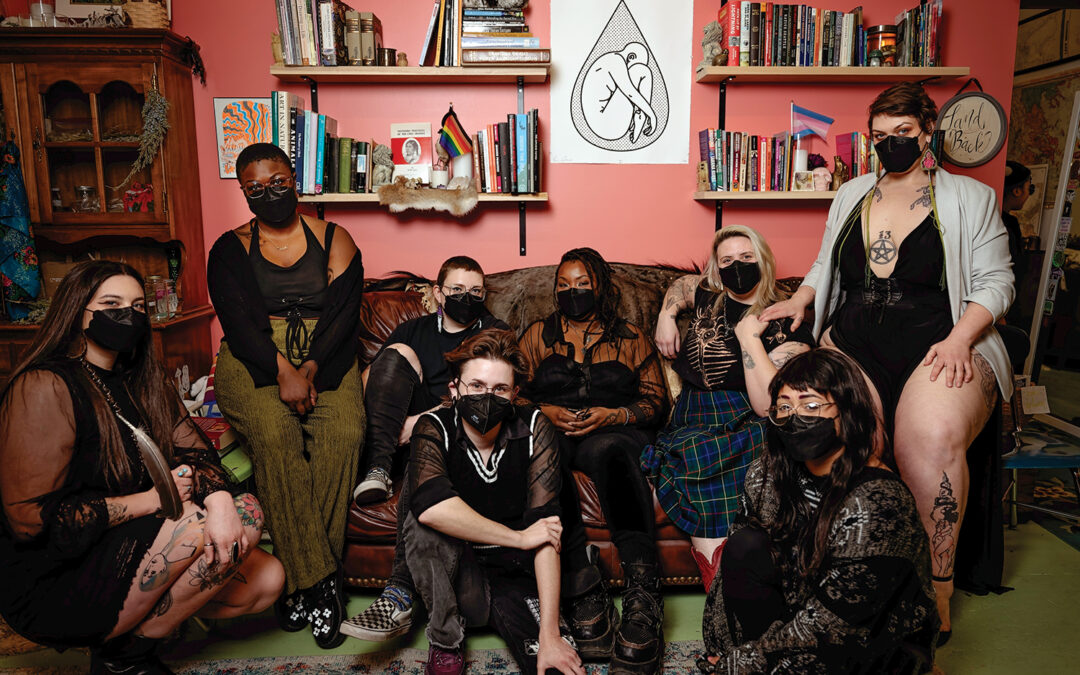

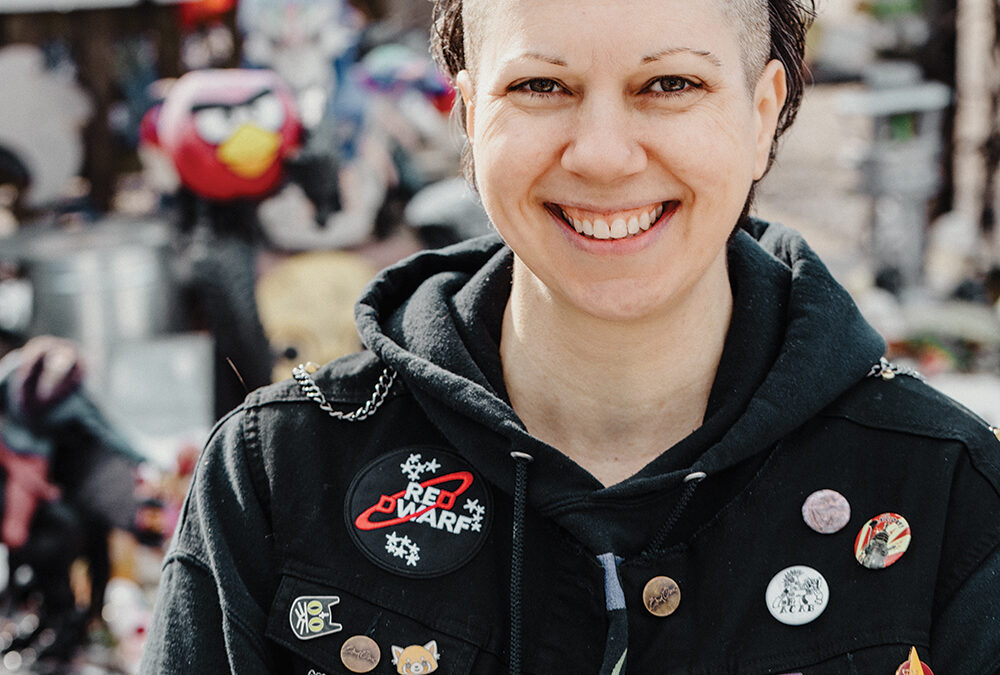
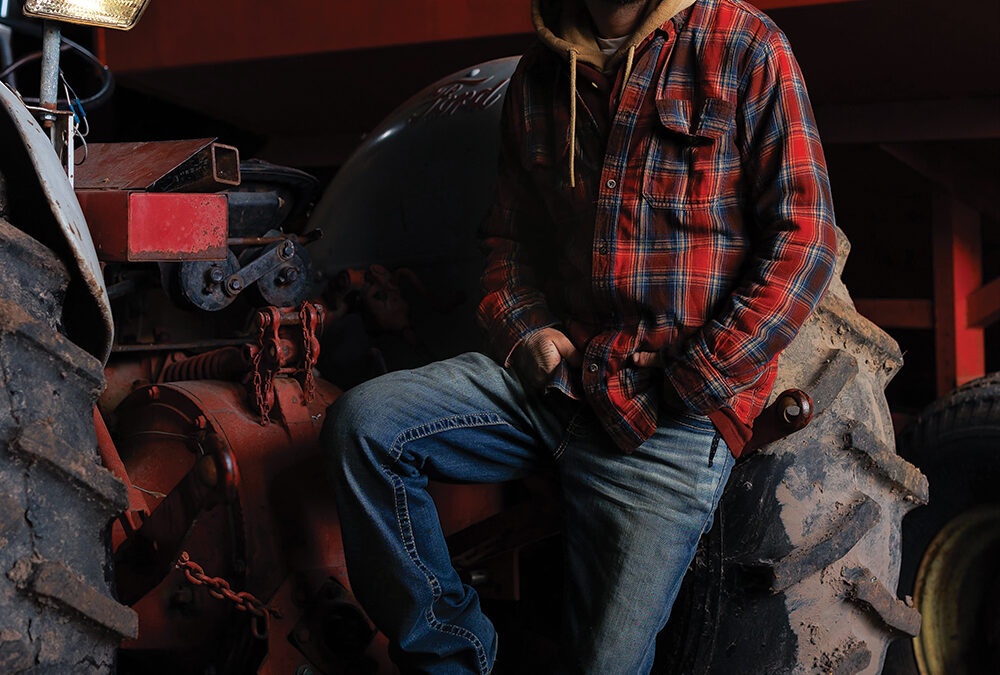
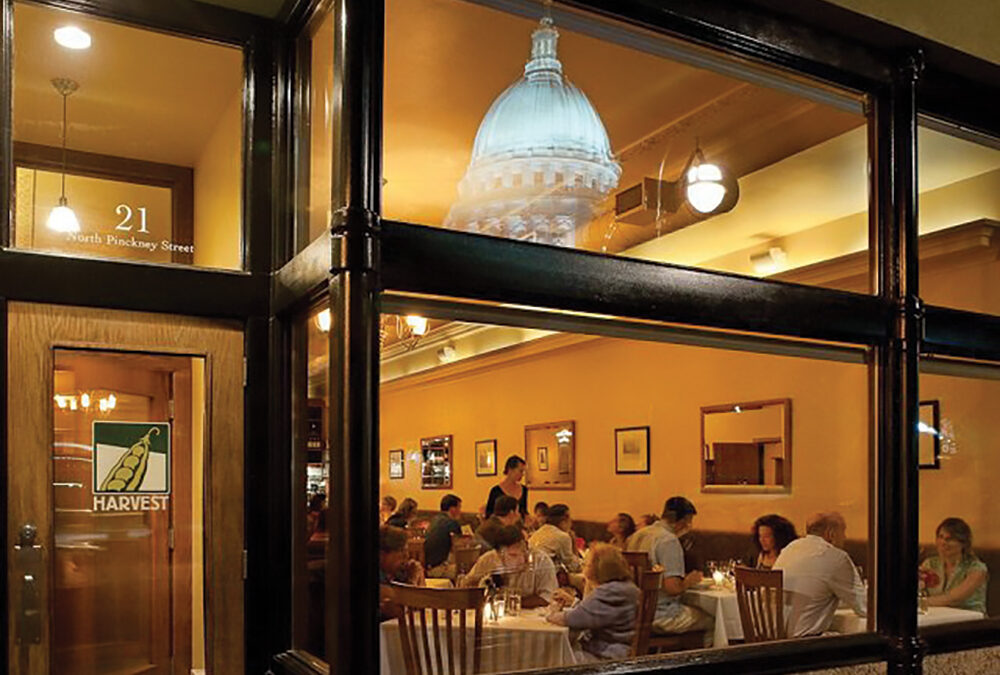

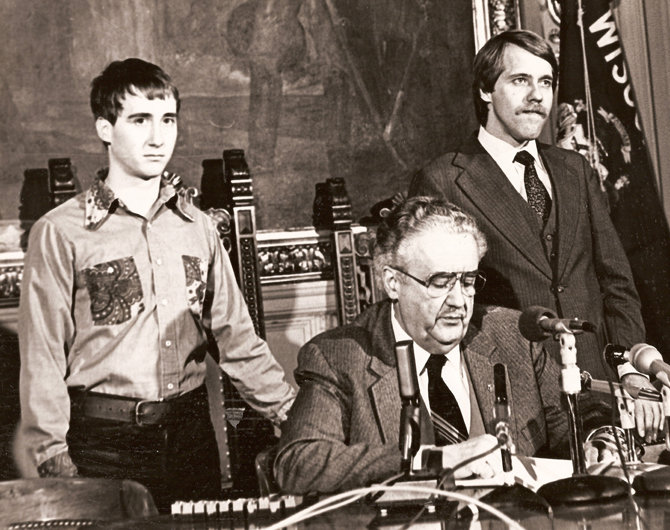









0 Comments